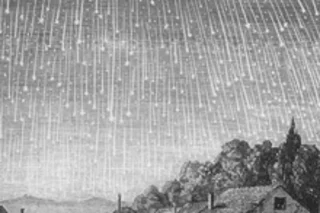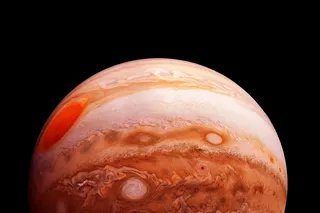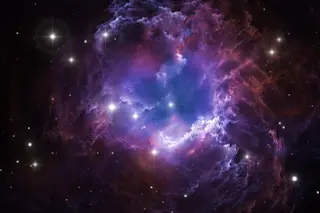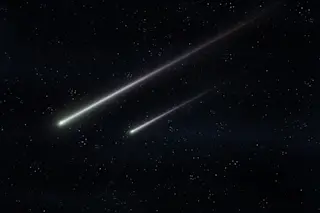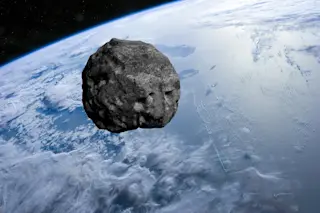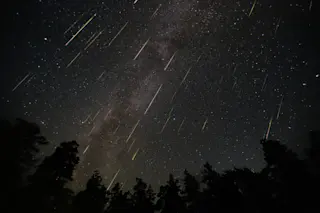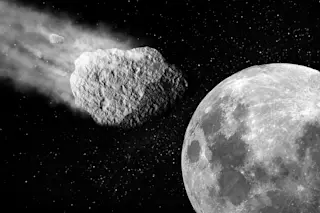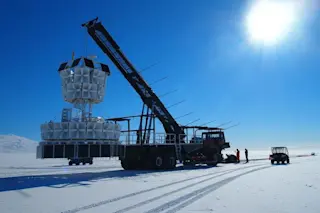If you pull yourself out of bed before dawn tomorrow (Wednesday) or Thursday, take a look up at the sky. This week the Leonid meteor shower will streak across our skies.
The Leonids started out as tiny specks of dust and debris ejected by Comet 55P/Tempel-Tuttle during its countless voyages orbiting the Sun. As Earth passes through this stream of dust, the particles hit our atmosphere at about 158,000 mph (256,000 km/h), vaporizing due to air friction. This produces the streaks of light in the sky we call meteors. [Astronomy]
The shower lasts for about two weeks, reaching its apex over the next few nights.
Viewers under a dark sky can expect to see around 20 meteors per hour radiating from the constellation Leo the Lion. Unfortunately, a waxing gibbous Moon interferes with observations for much of the night. The best views will come after the Moon sets around 3 ...


